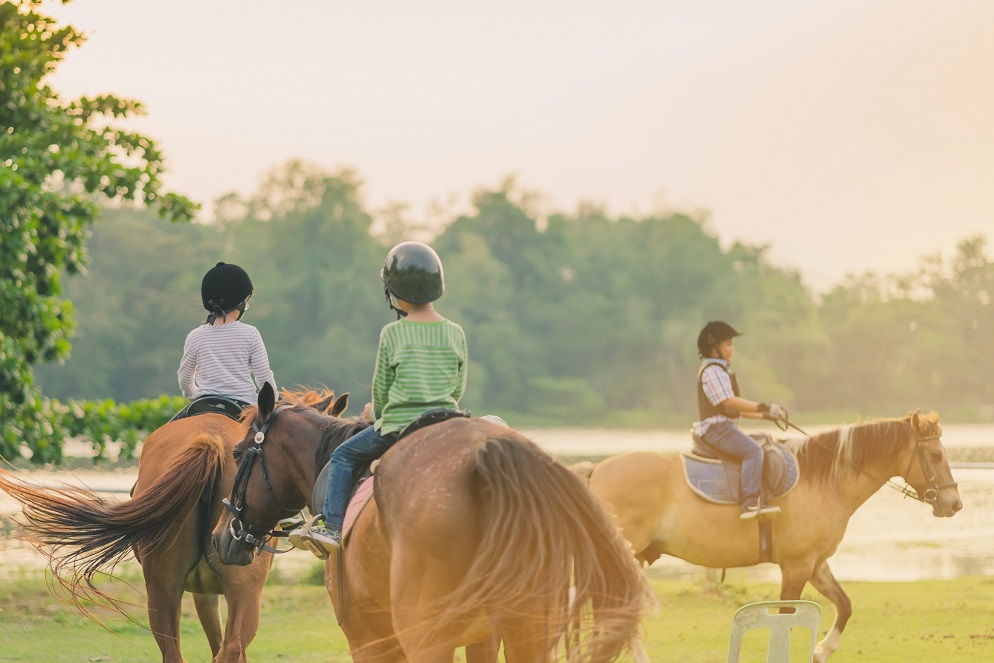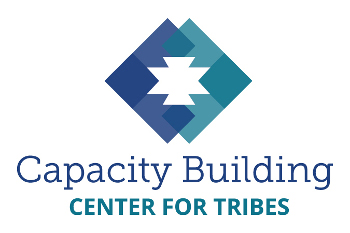Introduction
A WORD FROM THE AUTHORS
Our tribes are threatened by the removal of our youngest and most vulnerable members, our children. As leaders, we want to make informed decisions to protect the future of our tribe, our culture, our children, and families. Historically, we have seen state and federal programs compromise our dignity and culture by breaking up our families and tribes. Even today we hear of unwarranted removal of our Indian children and the attempts to keep them separated from their culture and tribal identity. The Indian Child Welfare Act (ICWA), when complied with, can help prevent these unwarranted removals and ensure Indian children are kept safe while remaining with their families. The purpose of this Guide is to recommend actions that tribal leadership can take towards ensuring compliance with ICWA. The recommendations that appear in this guide were made by tribal court judges, tribal attorneys, tribal educators who train on ICWA, tribal legislators, a former Tribal Governor/Social Services Director, Counsel for the County (who was also a tribal member), and directors of social services for tribal child welfare programs. It is important to note that these are recommendations, not mandates, made by individuals who work in various arenas in child welfare.

"Let us put our minds together and see what kind of life we can make for our children."
A Note of Caution: Every state and child welfare jurisdiction interprets ICWA compliance differently. Tribal leaders, ICWA designated agents, and Native social service providers should be aware of any MOUs (memoranda of understanding), child welfare protocols, and court standards that can impact outcomes for Native children and families.
